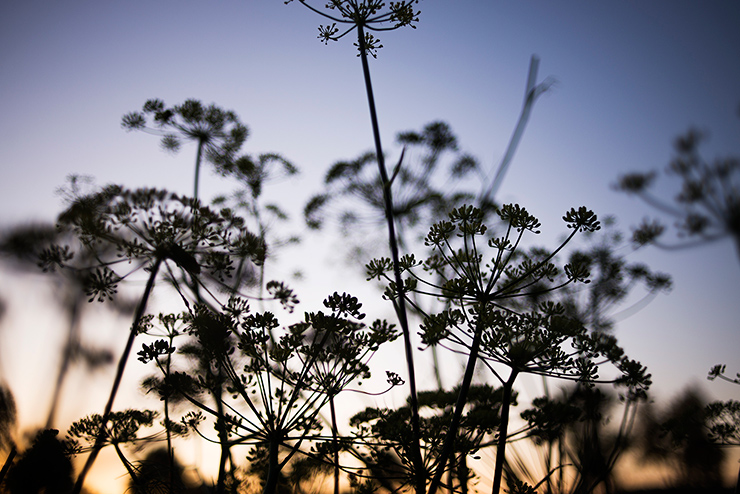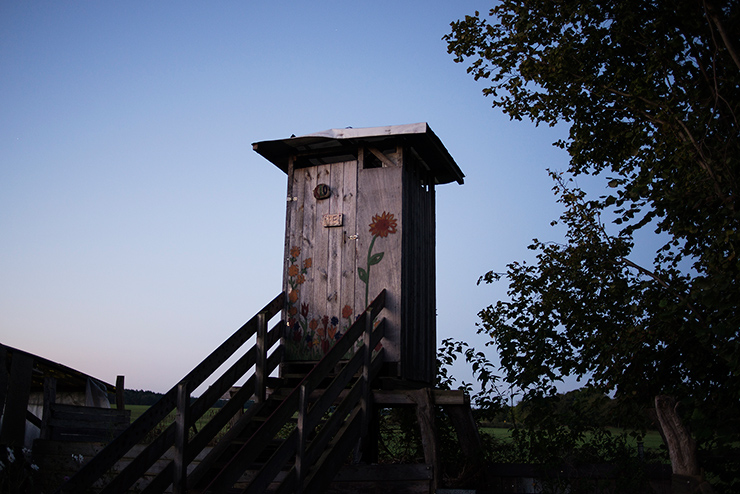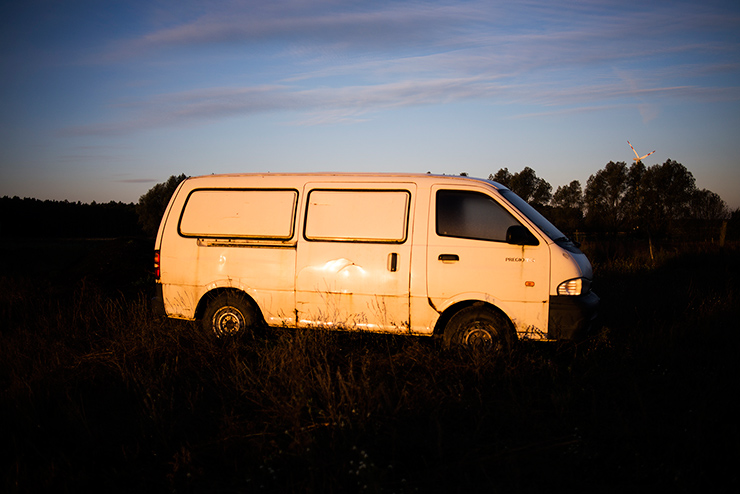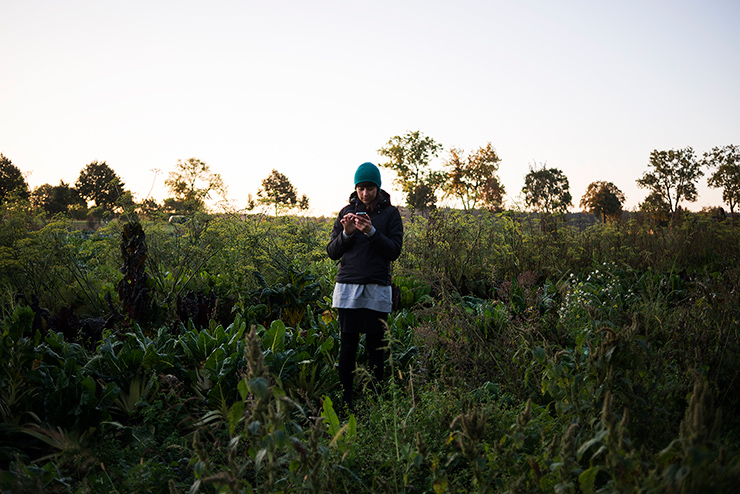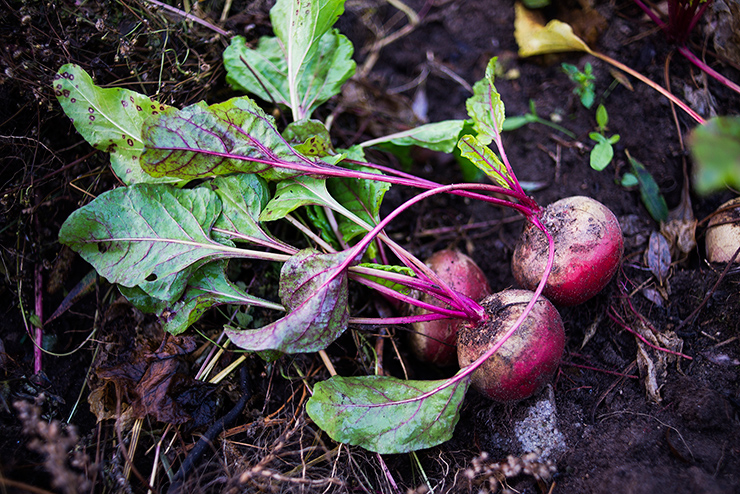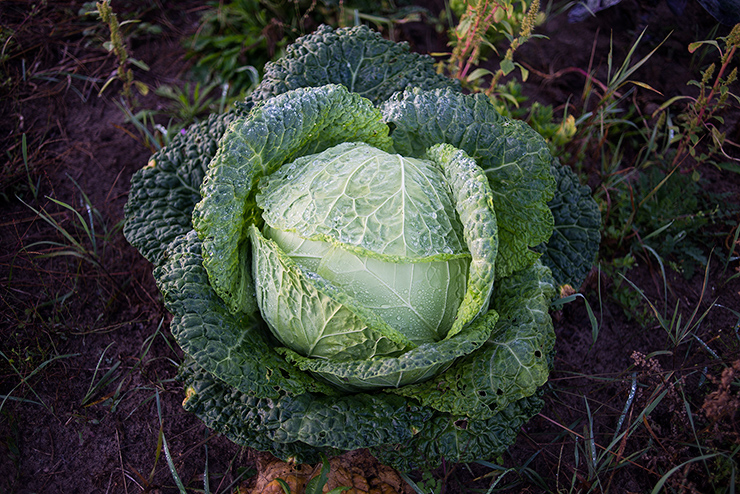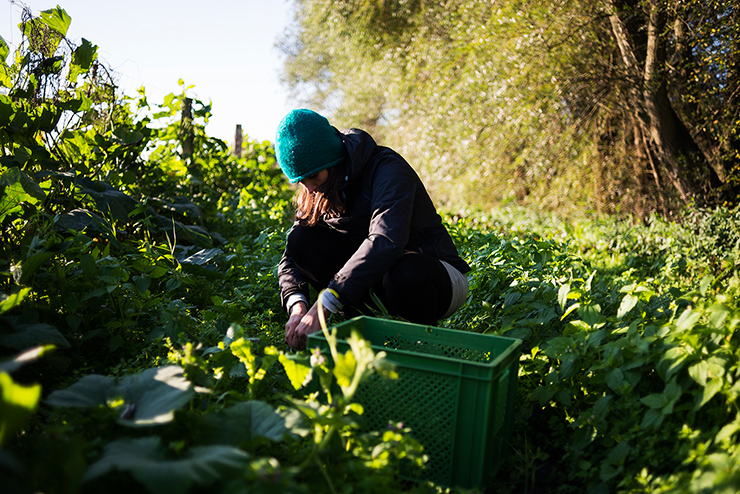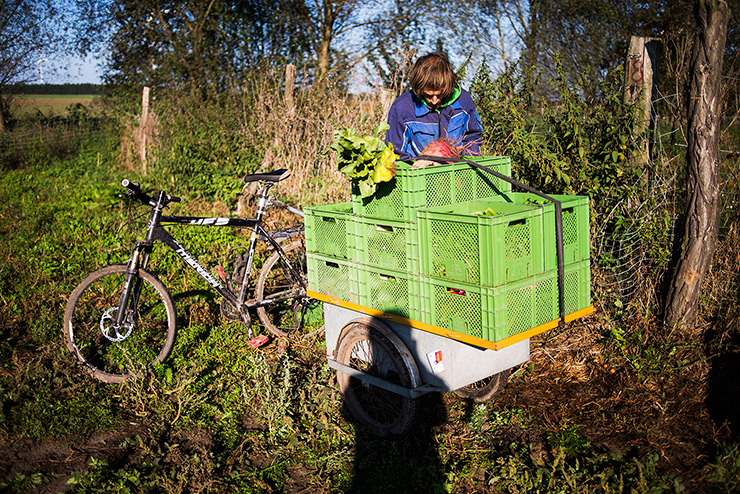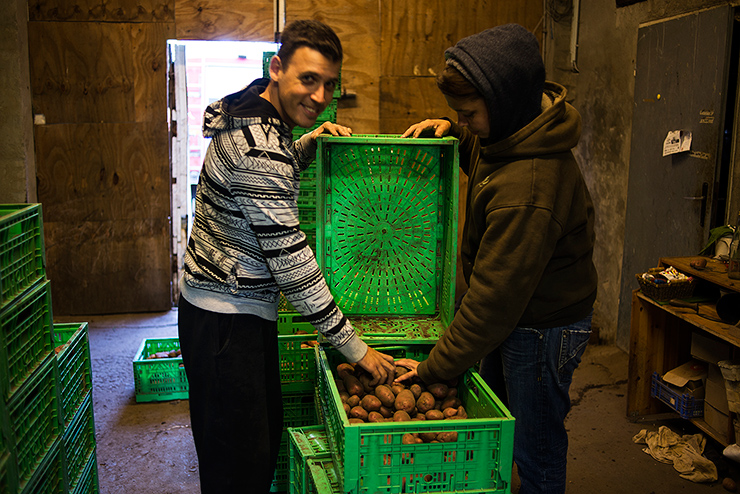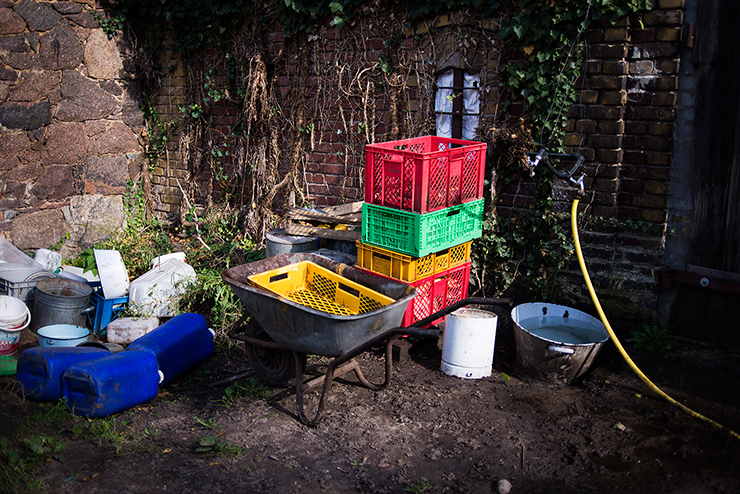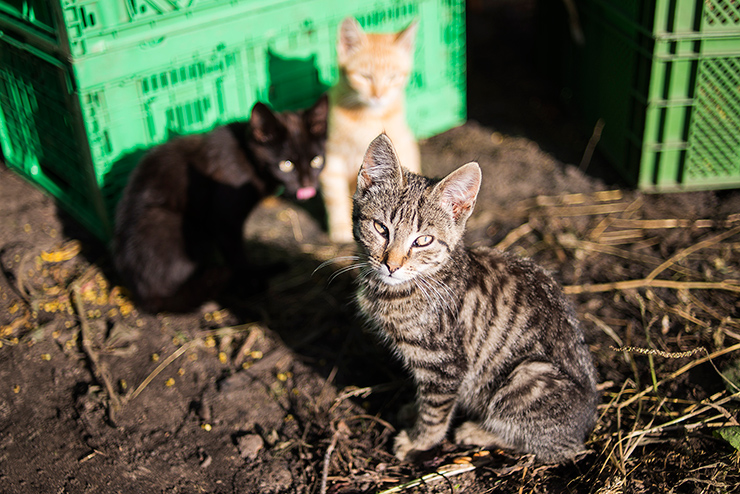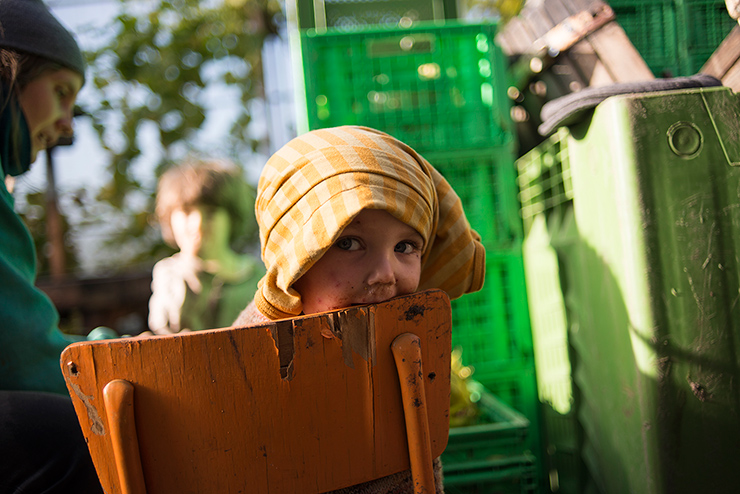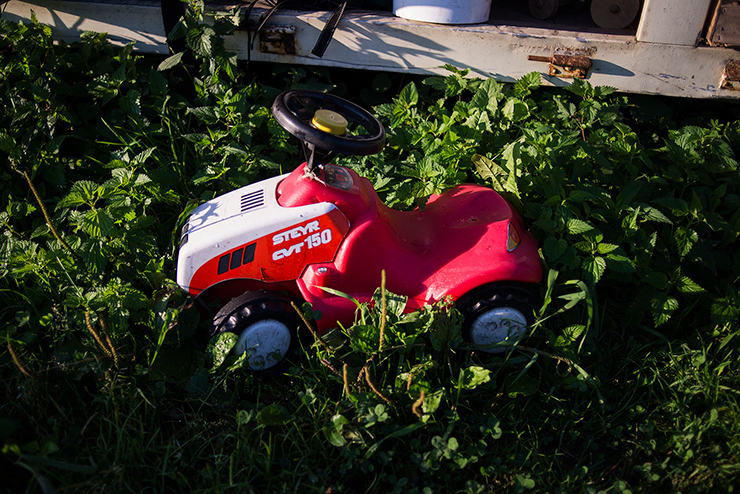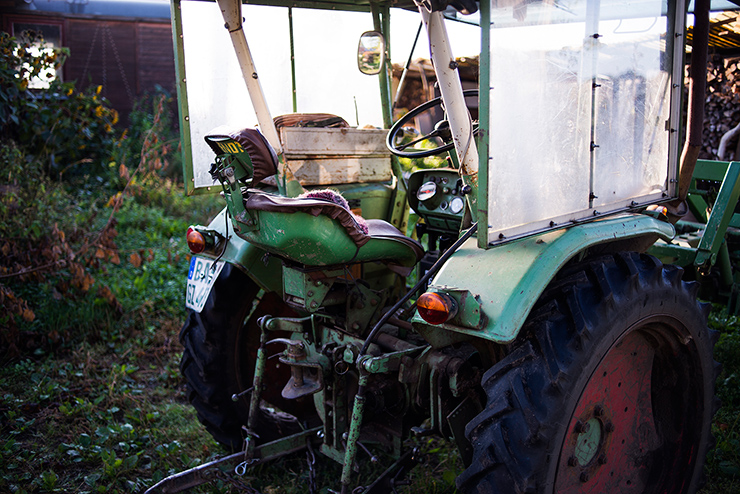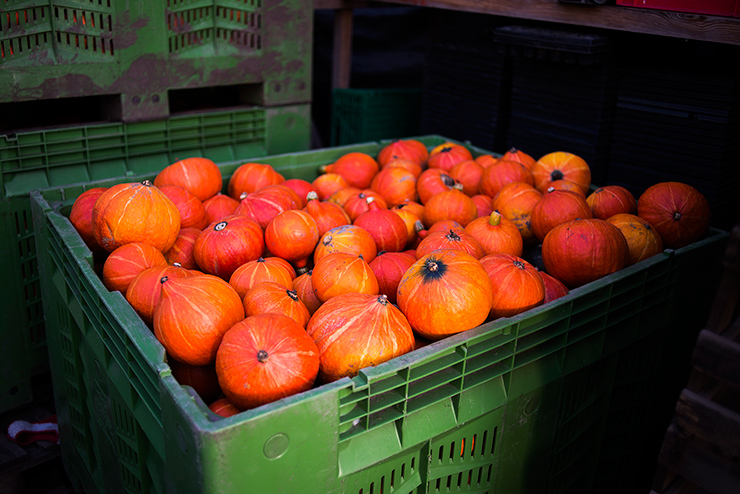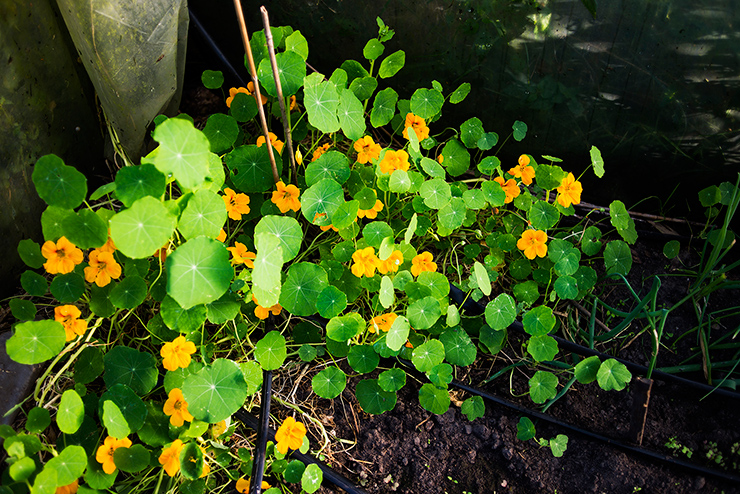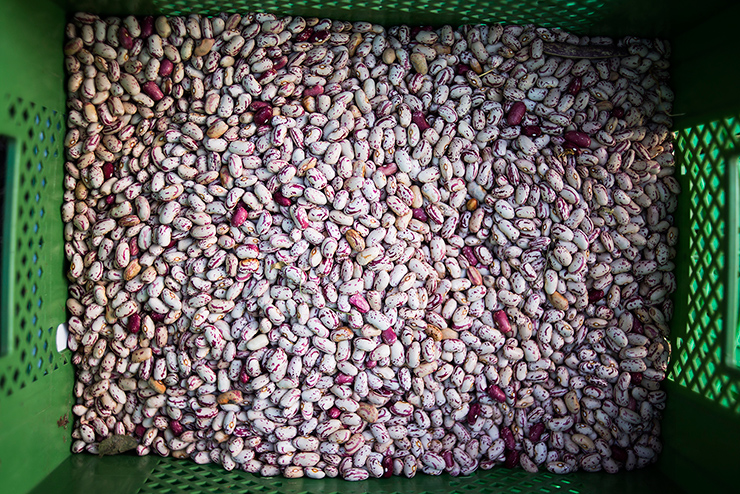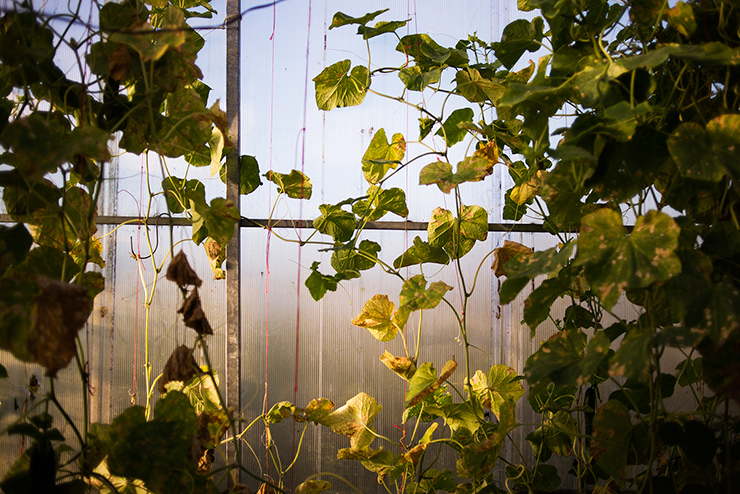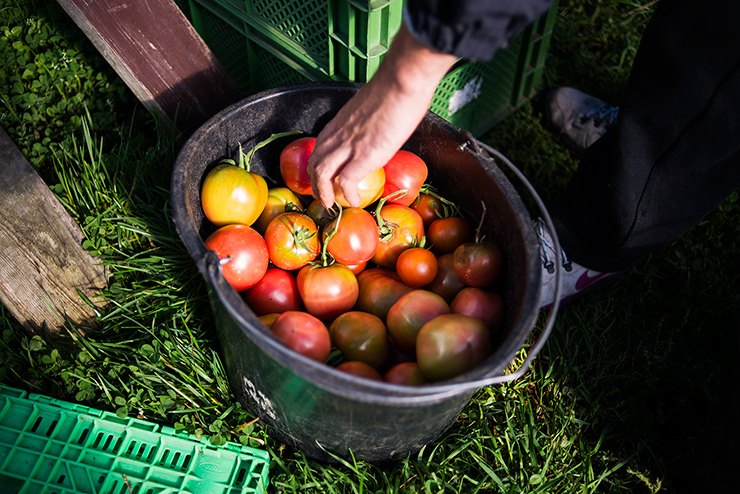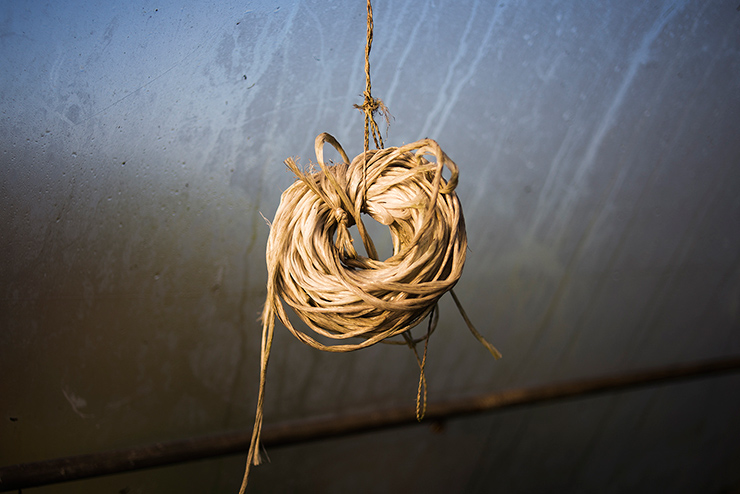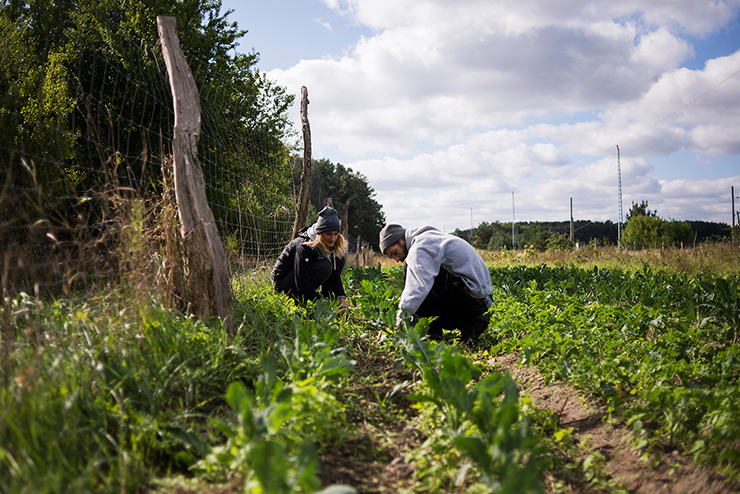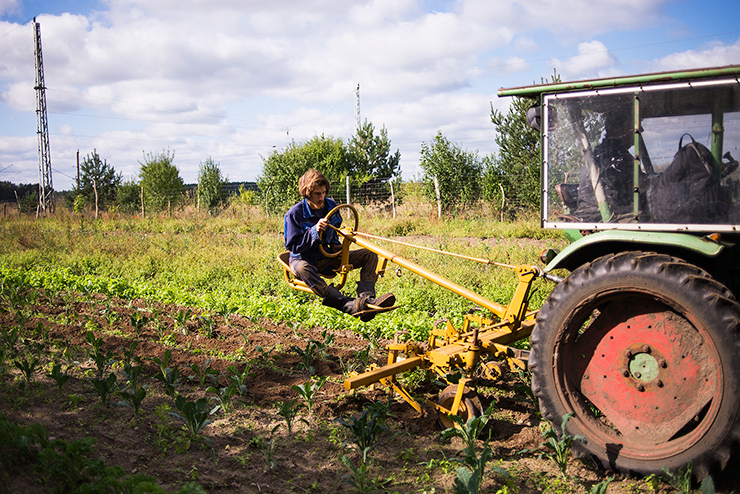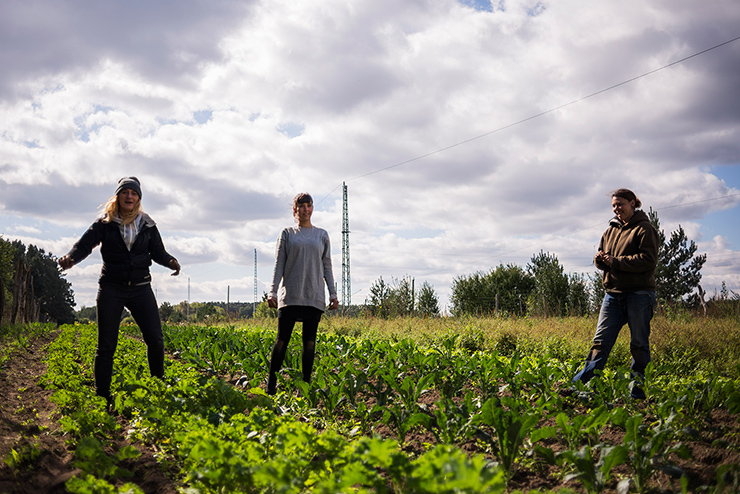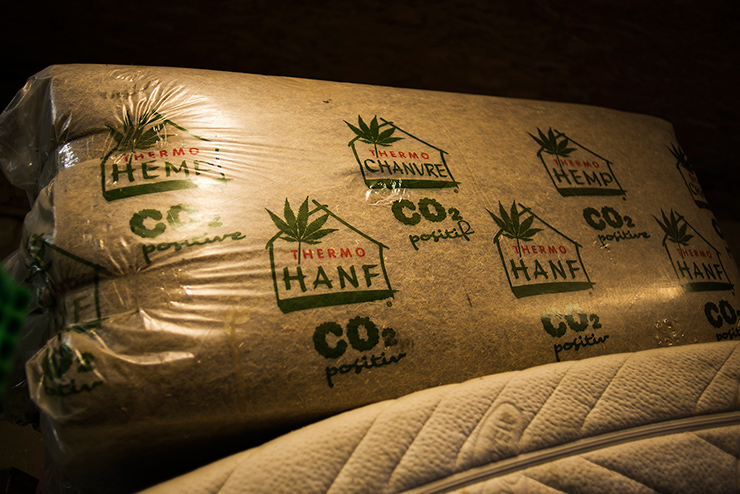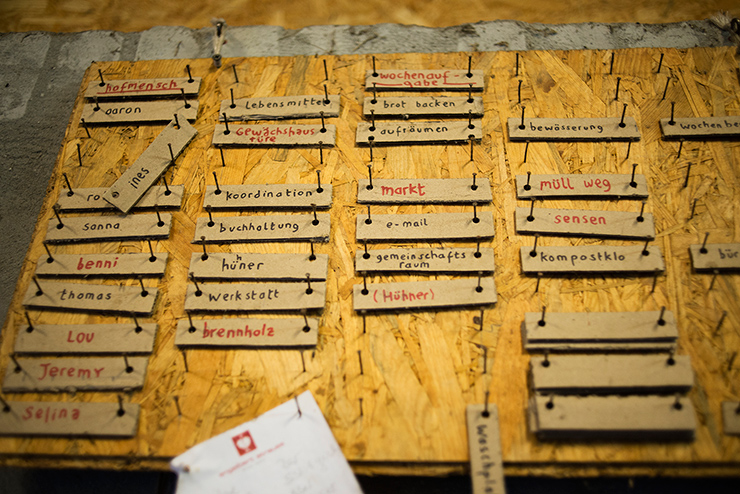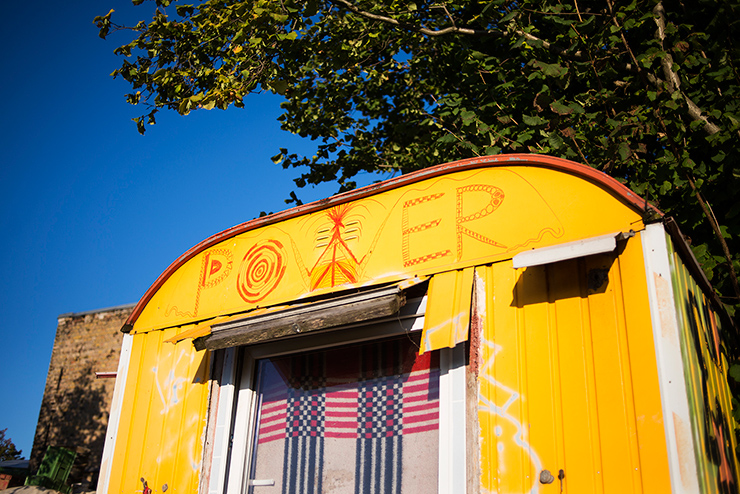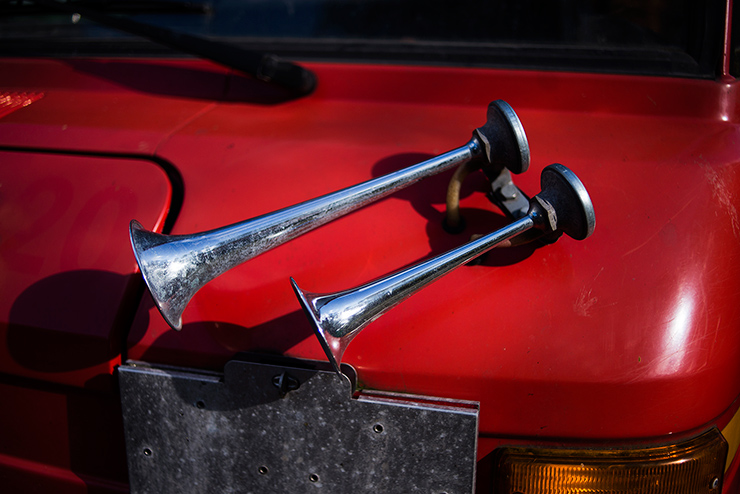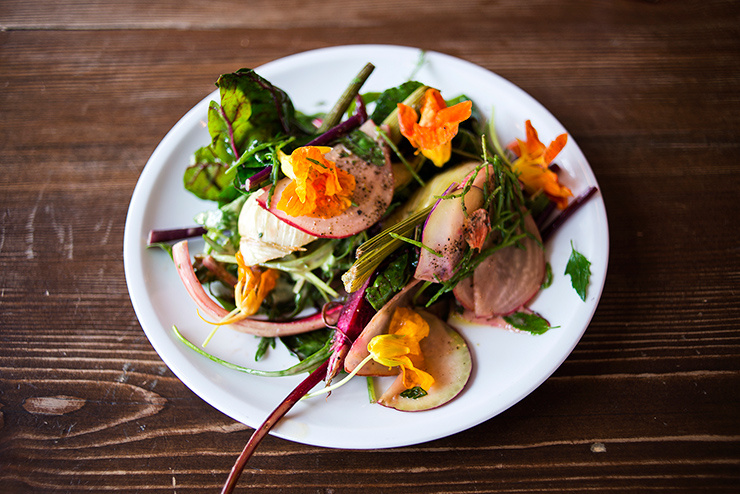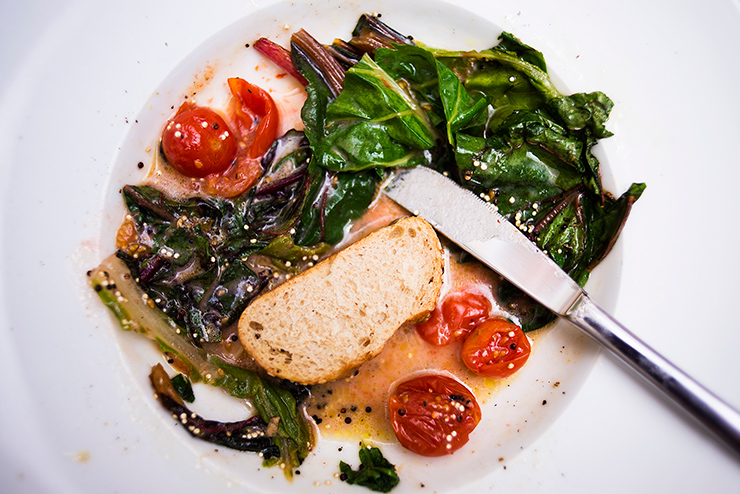What’s Happened
The Wild Garden
If you’ve eaten with us in the last months, you may have noticed that your plate has taken a bit of a walk on the wild side; herbs, salads, vegetables, flowers that definitely don’t look like they’ve come off a supermarket shelf. As someone quipped over their salad one day, “it feels a bit like eating a garden”…
Twice a week we take delivery of vegetables and herbs from Roberto and his friends. Originally from Sicily, he now organises a small farming commune in the north of Berlin called the Wilde Gärtnerei. Made up of around 10 or so people, they dedicate their lives to their farm, growing everything naturally, totally organically, and without even using any animal products in the process, such as for fertiliser. With their produce, they supply a few select restaurants and food collectives in Berlin as well as of course, their own community.
We decided to go and learn more about it all and spend a day working with them.
We had strict instructions to be there at 6.30 am and so we arrived and were immediately divided up to do various tasks such as sorting potatoes, picking chard (Mangold) and fennel, collecting wild salad, harvesting tomatoes and taking down the dead plants and weeding the fields. And so as dawn came, we were already out in the fields without even so much as a skinny, flat, double-decaf latte with soya to start the day!
It’s hard and intensive, and the work is done in many cases without using mechanical aids or specialised tools. Wild salads are picked leaf by leaf. Vegetables are harvested with a simple kitchen knife and moved around the farm by hand cart or bike. Weeding is done with hands in the earth, on your knees. There’s an ancient tractor there which they use when they have to, but generally, it’s all done manually.
Everyone comes together to share the really labour-intensive tasks like sorting the salads or getting the beans from the pod or the seeds from the sunflowers. And as they work, each person takes turns telling the others what they did the last couple of hours and what they would like to do next. And even the children participate too!
And as we learnt when we sat together and shared breakfast and lunch, the community extend this natural approach into their lives which are very simple too. No hot water, no detergents, no mod-cons, no money. Their homes are built with reclaimed wood and brick and use old construction techniques with straw and hemp for insulation. Although they eschew many of the things most of us would consider essential, we found the people there to be happier and more relaxed than many of us with more.
We left in the afternoon, completely worn out, with aching legs and earth-stained fingers. But refreshed and fulfilled and with the knowledge that these things we eat every day in our hotel are of the highest possible quality and naturalness, grown close to us, by wonderful, kind and content people living in harmony with the world around them. It’s truly humbling to now know the love and attention and hard work that has gone into bringing those simple leaves onto our plates. It makes us think with renewed attention and respect about what we are eating. And to really cherish what we eat. And to have pride in what we are blessed to be able to serve our guests and friends every day.
